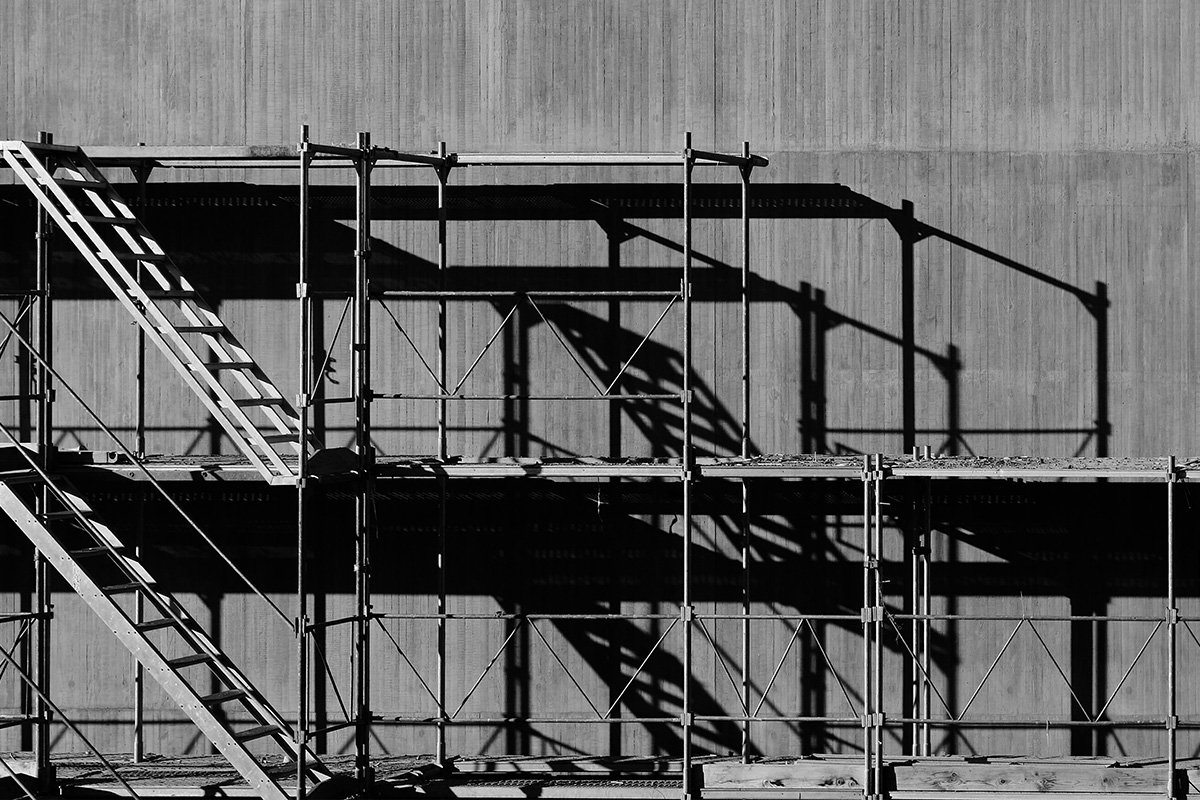February 22, 2015; The Tennessean
There has been a lot of talk recently about the importance of social media as a tool in social justice organizing, but some might question whether all this talk is just that—mostly talk.
A community-based group called Nashville Organizing for Action and Hope (NOAH), claiming “a base” of 10,000 people, is pushing Nashville’s seven mayoral candidates to endorse a three-point platform of increasing affordable housing, reforming the criminal justice system, and creating economic opportunity. Apparently, NOAH has been getting people to turn out to its meetings and finds itself having to scramble to get additional seating and to provide a sufficient number of copies of background materials.
NOAH organizer Greg Galluzzo specifically took pains to attribute NOAH’s demonstrated turnout abilities not to social media, but to what the Tennessean called “an old-fashioned, church-based approach: preach about the meeting, announce it in the bulletin, host a meal beforehand and provide a bus to get there.” NOAH’s platform emerged from those face-to-face interactions with church congregations, labor unions, and neighborhood associations, according to NOAH’s lead organizer, Mike Hodge.
Galluzzo said it takes talking to a person seven times to get them fully engaged in the kind of community dynamic that NOAH is pursuing. Could NOAH have developed its platform (and the strategies linked to the three components) with more reliance on social media and less on in-person engagements?
An interesting opinion piece in the New York Times by Ilyasah Shabazz, the daughter of Malcolm X, imagines what her dad might think about the organizing today that has emerged in the wake of the killing of Michael Brown and the disturbances and protests that followed it. Shabazz said Malcolm X “would [have] appreciate(d) the protesters’ fervor and skillful use of social media to rapidly organize, galvanize and educate.” However skillful the generation of catchy phrases in “our era of hashtag activism,” thought, Malcolm “would [have] be(en) the first to say that slogans aren’t action. They amount to nothing but a complaint filed against a system that does not care.”
Sign up for our free newsletters
Subscribe to NPQ's newsletters to have our top stories delivered directly to your inbox.
By signing up, you agree to our privacy policy and terms of use, and to receive messages from NPQ and our partners.
Shabazz said that her father would “critique the activists’ rhetoric” as dramatic, but not necessarily effective, noting that opponents would be unlikely to change their behavior and beliefs as a result of a hashtag.
Michael Eric Dyson, a well recognized commentator on racial issues, also has offered commentary on social media organizing in relationship to the 50th anniversary of Malcolm X’s death, giving a more nuanced but positive take:
“There’s a lot of positive stuff that comes out of social media. A lot of people beat up on young people thinking that they believe once you tweet you’ve done your job. Once you’ve Tindered or Instagrammed or Snapchatted or Google Plused, that you’ve done your job. I think for the most part that’s not true. Now, do some people believe that? Of course. But not the vast majority of people. It becomes another forum, another way for people to collect ideas and identities and to express dissent or agreement, to forge solidarity, to articulate resistance.
“Studies have been done. The same people who organize in social media tend to flow over into concrete expressions of social resistance. So there’s no either-or going on here. Either you’re on social media where you’re tweeting, Instagramming, or Snapchatting, or Vimeoing, or Vineing, or you’re in the trenches on the ground. It’s both-and, not either-or.”
That seems to be the twofold divide: Is it “both and” or “either or”? And does social media organizing lead to concrete agendas of action or simply hashtagged slogans?
There is no progressive or democratic ethos automatically inherent in social media. As Sean Jacobs, the editor of the “Africa is a Country” blog, notes, “While social media in some instances may replicate and reinforce the dominant racist, sexist, capitalist power that we are familiar with (as the case of #Kony2012 so vividly illustrates), it sometimes does not. It would appear that social media is also a form that can be given content.”
That seems to be the key. As Human Rights Watch’s Heba Morayef noted at the Ford Foundation’s #NetGain conference earlier this month, while social media may be for the moment the only place in Egypt for free speech and free association, it is important not to romanticize or fetishize social media. It empowers people in the street (or on the Internet), but it can just as easily be used by repressive governments to track one’s movement and to harass and repress dissent. Social media didn’t create the Arab Spring or the Ferguson protests; it boosted their organizing, their visibility, and their profile, but organizing requires more than slogans, as Malcolm X might have said. The danger of fetishizing social media is a challenge for movement building, whether in protests in Ferguson or Tahrir Square, or in pulling together Nashvillians to make a few explicit demands of the city’s mayoral contestants.—Rick Cohen













